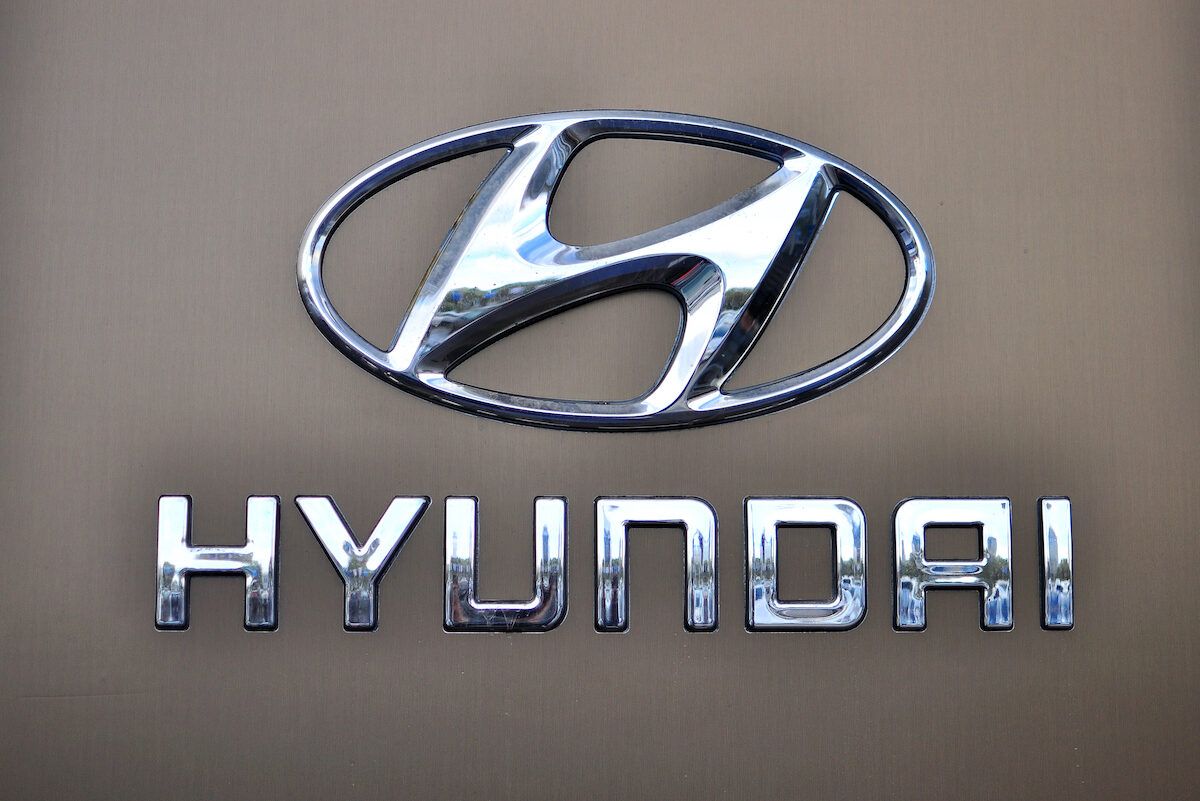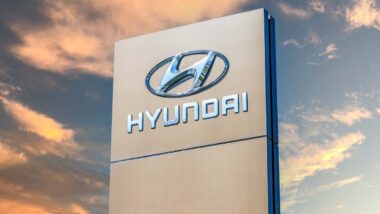
Update:
- A judge dismissed a class action lawsuit filed by a group of vehicle owners against Hyundai Motor Co. in a California federal court.
- The class action lawsuit claimed a number of Hyundai and Kia model vehicles contained an engine defect that caused them to use an excessive amount of oil.
- The vehicle owners argued the alleged defect, in addition to costing them money for the excess oil, caused the vehicles to stall and eventually fail.
- Court approval of the dismissal was not required as the class had not been certified nor proposed to be certified for purposes of a settlement, according to court documents.
Hyundai excessive oil consumption class action lawsuit overview:
- Who: A group of Hyundai and Kia vehicle owners are suing Hyundai Motor Co.
- Why: The drivers allege numerous models of Hyundai and Kia vehicles are equipped with defective engines that use excessive amounts of oil, stall and eventually fail.
- Where: The lawsuit was filed in a California federal court.
(April 20, 2022)
Hyundai makes numerous models of Hyundai and Kia brand vehicles with defective engines that use excessive amounts of oil, costing their owners huge sums of money, a new class action lawsuit alleges.
On Apr. 12, eight owners of Hyundai and Kia brand vehicles filed a class action lawsuit against Hyundai Motor Co. in a California federal court, alleging violations of federal warranty laws.
The Hyundai excessive oil consumption lawsuit alleges that numerous models of the automaker’s vehicles are equipped with defective Nu, Gamma, Theta, Lambda and Kappa engines.
The defective engines allegedly use excessive amounts of oil, stall and eventually fail. The drivers say Hyundai should have issued a recall for the vehicles a long time ago but hasn’t.
As a result, thousands of Hyundai and Kia owners and lessees have allegedly been forced to constantly check the oil levels, and oil must be added to the engines more frequently than even the owner’s manuals recommend, Car Complaints reports.
The engine issue has flow-on effects like reduction in engine lubrication due to crankshaft submersion and gaskets and seals damage, which leads to oil leaks.
The plaintiffs also claim that oil in their vehicles migrates to places where it shouldn’t be, damaging the combustion and exhaust systems.
This allegedly causes “abnormal wear of engine parts, oversaturation of carbon and deposits of oil sludge, ultimately requiring a costly engine rebuild or replacement.”
Automaker should honor warranty claims outside terms, Hyundai class action says
The plaintiffs allege that Hyundai should honor customers’ warranty claims even when the warranties have expired.
According to the lawsuit, Hyundai can’t adequately repair the oil consumption problems and doesn’t offer any reimbursement for out-of-pocket costs caused by the issue.
The class action states customers must suffer through long wait times for replacement parts, “and in most cases do not receive required engine replacements.”
The cars with the allegedly faulty engines include the 2012-2020 Hyundai Elantra, 2009-2018 Hyundai Genesis Coupe, 2019-2021 Hyundai Kona, 2020-2021 Hyundai Palisade, 2010-2012 and 2015-2021 Hyundai Santa Fe, 2009-2010 and 2015-2021 Hyundai Sonata, 2011–2021 Hyundai Sonata Hybrid, 2010-2013 and 2015-2021 Hyundai Tucson, 2011-2021 Hyundai Veloster, 2020-2021 Hyundai Venue, 2010-2021 Kia Forte, 2017-2020 Kia Niro, 2011-2020 Kia Optima and Optima Hybrid, 2012-2021 Kia Rio, 2011-2020 Kia Sorento, 2012-2021 Kia Soul, 2011-2020 Kia Sportage, 2018-2021 Kia Stinger and 2022 Kia K5.
Meanwhile, Hyundai has expanded its recall of vehicles with an exploding seat belt part issue that has caused multiple injuries to include 6,240 of its 2021-2022 Elantra and 2020 Accent vehicles.
The plaintiffs are represented by Nye, Stirling, Hale & Miller LLP, Sauder Schelkopf LLC and Walsh, PLLC.
The Hyundai Oil Consumption Lawsuit is Cho, et al., v. Hyundai Motor Company, LTD., et al. in the U.S. District Court for the Central District of California.
Are you one of the drivers affected by an allegedly faulty Hyundai engine? Let us know in the comments!
Don’t Miss Out!
Check out our list of Class Action Lawsuits and Class Action Settlements you may qualify to join!
Read About More Class Action Lawsuits & Class Action Settlements:















3,221 thoughts onHyundai class action over excessive oil consumption dismissed
I have a 2015 sonata and having to add oil every two weeks. I will never buy another car from hyndai. EVER!
My 2016 Sonata is burning oil. I took it to dealership 2 months ago and they were aware of the problem. Told me to make an appointment which was 2 months down the road. I took it in today for the appt and they tell me they have to change the oil ( $53) and then they tell me to bring it back after 1000 miles. Why didn’t they do that 2 months ago? Include me in class action. I just inherited my mom’s 2016 Elantra so now I have double trouble!
WE Bought a 2018 Tucson and it is doing the same thing!
Two affected cars here: 2016 Santa Fe and 2017 Elantra.
I have a 2017 Hyundai Sonata Eco and it has stalled on me multiple times, the whole car shakes sometimes when idle or turning, and I have taken it into the dealership twice thinking it was the transmission or something else and they said nothing is wrong with the car.
More recently, I have found zero oil on my dipstick less than 3000 miles since my last oil change and there was also a leak. The shop employee let me know he noticed it happens a lot to Hyundais which is why I looked this up.
This doesnt seem fair at all. How can there be resolution for this?
2013 Sante Fe
Same oil problem
I bought a 2016 sonata SE June/July of 2021, After every oil change, (and I’m pretty stingy on my oil changes) I noticed that I’d have had to add at least 2 1/2 quarts of oil or more into my engine. Went to get it tested Shouldn’t matter that the warranty is expired, you’re building engines that fail, your making money off people who buy your cars. I’d like to join, don’t have money for another car, Hyundai needs to pay up
Same 2017 hyundai tucson been doing the same 2nd owner I add oil once every two weeks add me to the list
I bought a 2016 Hyundai Sofia after 1 month of having it. My car was burning oil so bad I would go get a top off and the next week it was low I call the deal ship because the car started reducing speed and I couldn’t drive it they took it to the Hyundai and test my car to see if I need a new motor and told me I didn’t need a new motor it was just a leak well fast forward now I had the car for almost a year and it still burns oil really bad and I have to get a top off like twice before my oil change I would like to know more about the lawsuit and how they can help me
I have a 2015 and it burns oil bad